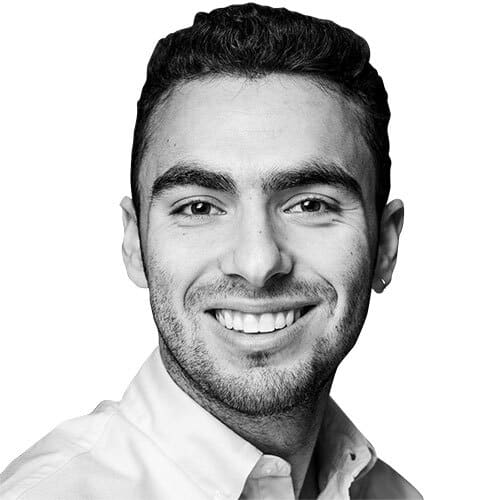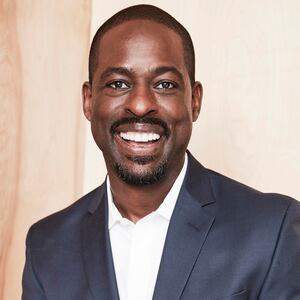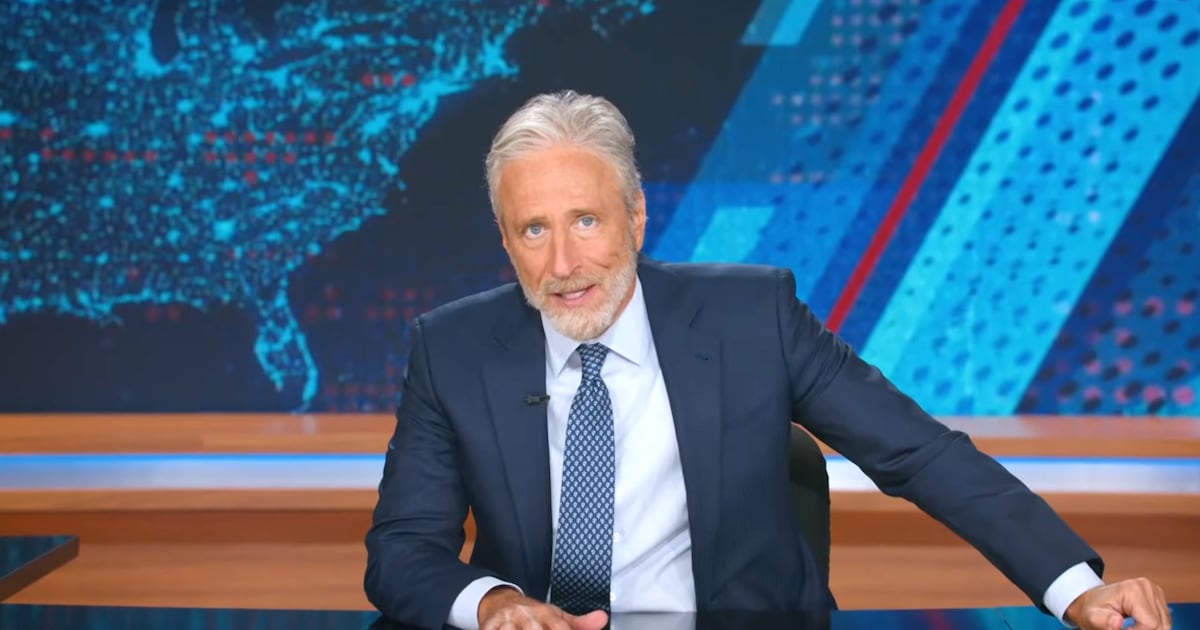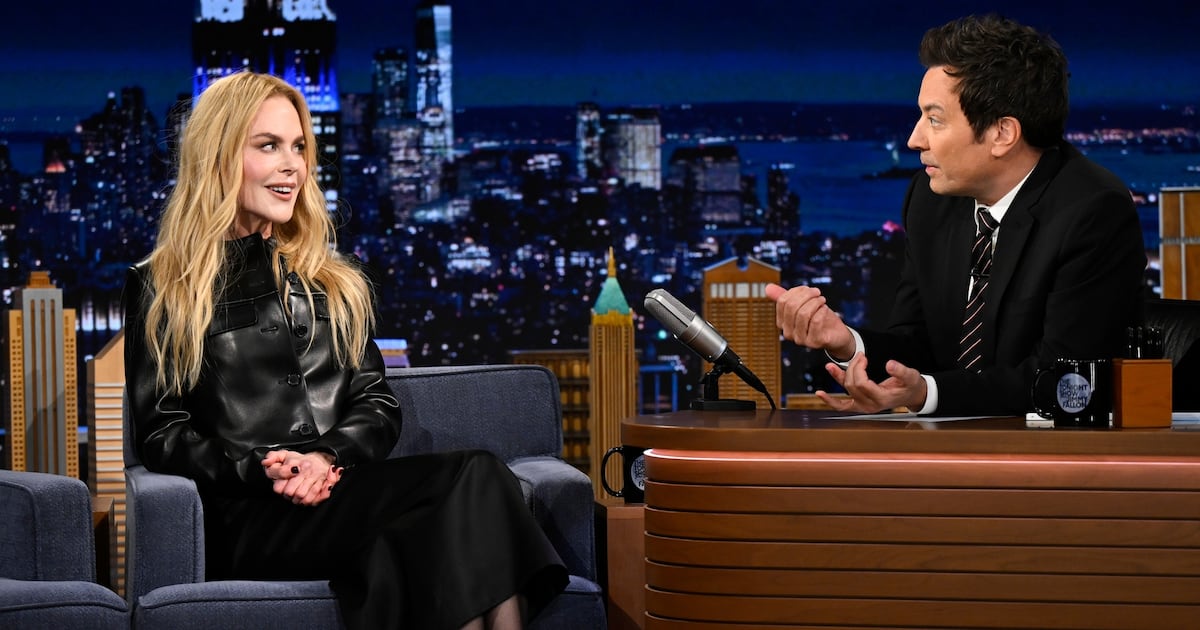Before venturing into acting, Kelvin Harrison Jr. was on track to be a musician. He grew up with musically skilled parents, played a series of instruments, and trained under jazz drummer Jason Marsalis. With his new role in Chevalier, he’s returned to his musical roots, but faced two challenges: polishing up his knowledge of the violin, and being as good (if not better) than Mozart.
Of course, the versatile 28-year-old actor already has the résumé of a virtuoso. He’s starred in prestige pictures (Mudbound, The Trial of the Chicago 7), breezy rom-coms (The High Note), emotionally weighty dramas (Waves, The Photograph), timely social thrillers (Monsters and Men, Luce), and creepy horror features (It Comes at Night). He’s also starred in several musical projects such as Cyrano, Elvis, and his latest, Chevalier, where Harrison Jr. plays his most high-profile role yet, as the French-Creole composer Joseph Bologne, Chevalier de Saint-Georges.
Directed by TV veteran Stephen Williams (Lost, Watchmen) and written by Atlanta screenwriter Stefani Robinson, Chevalier follows Bologne as he attempts to make a name for himself in pre-revolutionary Paris. Historically, Bologne has been called “the Black Mozart,” but Chevalier depicts the virtuoso violinist as much more. The film explores his fencing skills, his clandestine affair with opera singer Marie-Josephine (Samara Weaving), his brief friendship with Queen Marie Antoinette (Lucy Boynton), and his rekindled relationship with his mother Nanon (Ronke Adekoluejo).

Kelvin Harrison Jr. and Director Stephen Williams on the set of Chevalier.
Larry Horricks/Searchlight PicturesIn addition to having a varied music background himself, Harrison Jr. applies lively texture to even the most mundane line readings in Chevalier — like “and of course, the music will be spectacular… BOLD!” from the trailer. With his measured, confident gait and piercing gaze, he elevates the biopic into an alluringly acted portrait of one of classical music’s most unrecognized yet incredibly accomplished conductors.
The Daily Beast’s Obsessed talked with Harrison Jr. ahead of Chevalier’s April 21 theatrical release. We discussed his process of re-learning the violin, what it was like making that standout opening scene, and what he’s listening to for his next projects, which include Luce director Julius Onah’s biopic of Jean-Michel Basquiat and the follow-up to 2019’s live-action remake of The Lion King.
This isn’t the first time you’ve flexed your musical talents on screen. You’ve also been in Cyrano, Elvis, and The High Note. I’m curious to hear how music has played a role in your life and informed approaching this specific role. I understand you used to play trumpet and piano and are the son of musicians as well.
The truth is, I wanted to be a musician. The fact is, I wasn’t that good. The best in-between is I’m going to be an actor, which is technically what I really think I enjoy more maybe. It feels more truthful to my artistic communication style, but my sneaky-sneaky version of that is being like, “I’m gonna still be a musician anyway.”
How much research and violin training went into playing Chevalier? Was it more demanding than you thought it would be?
It was way more demanding than I thought it would be. I’m not gonna lie. Violin was the first instrument I ever played. I was 6 or 7, or something like that. I was really good at that time. I thought because I was the first chair in the orchestra, I’ll come into this being like, “OK, this is gonna be a breeze. I got this. Muscle memory will kick back in.” It didn’t.
I understood how to practice. I understood the instrument from the intellectual [side]. I still had to regain muscles, just like with anything else. That took five months, six hours a day, six days a week—as many as possible—and getting the job done. But yeah, it was hard.

Kelvin Harrison Jr. in Luce, 2019.
NeonYou’ve also played quite a few characters like the one in this movie, who are gifted but often feel pressured by their family or society to assimilate and be perfect in order to be successful and well-liked. This performance and the ones in Waves and Luce all seem very spiritually connected. I’m curious about what draws you to these kinds of roles.
I think what draws me to it is it’s kind of my experience to some extent. I think it’s the experience of many people of color, to be honest, especially if you are kind of singular in your space or someone wants you to be. Luce is the best in the school. Joseph is the best in Paris. Tyler [from Waves] wishes he was the best wrestler. His dad wishes it too because he wants his kid to be [the best], like Luce.

Kelvin Harrison Jr. in Waves.
A24The truth of the matter is that there’s a lot of generational trauma. Unfortunately, people of color are sometimes like, “The only way I can be deemed as acceptable”—which is the conversation in Luce—“is if I am exceptional.” So is it a transactional relationship? What are you offering us? [That] goes back to, like, “Play the fiddle on the plantation and keep us entertained.” We saw that in 12 Years a Slave. This is our currency in some ways.
I can imagine it being emotionally challenging to inhabit these characters and the arcs they go through. I actually remember attending a Q&A for Waves and seeing you talk about how you needed therapy for a year after that experience, which really stuck with me. Since then, have you been able to find ways to take care of yourself when processing these emotionally intense, very personal roles? How do you reconcile it?
There was a bit of naiveté in that process. I was like, “OK, I want to go all in and I want to be as immersed as possible to make sure I get the authenticity.” I remember that process of Waves was really challenging simply because I was getting questions a lot about if this is the right thing to do, with the amount of violence in that particular film, and having a Black man represent that.
My argument was that I’m not interested in playing saints or complete sinners. Humanity is both. We make mistakes. I can’t try to protect the Black image by dehumanizing it at the same time. So then I was like, “I’m gonna go all in,” and I kind of hurt myself in the process. It became, like, “Am I acting? Or am I trying to live this?” I think that was the difference. I’ve changed my version of things. I’m not doing all that no more.
I feel like the opening scene was such a great introduction to Chevalier and an amusing little dig at Mozart. Was there a favorite musical sequence or moment that you enjoyed filming?
Probably the Mozart duel. That was so much fun. It took the longest. We started before I even really knew the piece. I would just listen to Michael Abels [who wrote the music for the on-screen performances], who picked each part on the piano. I would dance around a chair and pretend it was Mozart in a dance studio, just to figure out the choreography of it all.

Then, obviously, learning the piece is so thrilling when you finally start to get certain sections of the cadenzas because you really feel like a rock star. Then when Joe Prowen, who plays Mozart, came into the picture, we just kind of jammed out and worked out some of the choreography and came up with a language. It was such an interesting exercise as actors, and musicians as well. It became really fun when the audience was there to kind of witness. It felt like a play rehearsal, like, here’s the play!
I imagine you were doing a lot of takes for that.
It was the entire day. We shot that scene all day. My fingernails were bleeding, but I wouldn’t trade it for anything.
I’m sure you’ve been busy lately promoting this and working on other projects, but have you been listening to anything or watching anything recently that’s inspired you creatively at all?
I’m working on my next project right now, so I’m getting ready for that, and there’s music involved. It’s an unholy mix between Iggy Pop and Prince. That’s what I’m doing right now.
I listen to a lot of Moses Sumney. Honestly, I love Moses. He’s my friend, but he’s an incredible musician. In terms of movies, I only watch stuff for work right now because otherwise, unless I just watched something that really gets me, most of the time I’m watching Big Brother all day.
For sure. Reality TV can be the perfect way to turn your brain off from everything.
I get more inspiration out of watching real people lock themselves in a house to win half a million dollars than I do sometimes from watching cinema. It’s rough.
Keep obsessing! Sign up for the Daily Beast’s Obsessed newsletter and follow us on Facebook, Twitter, Instagram and TikTok.







